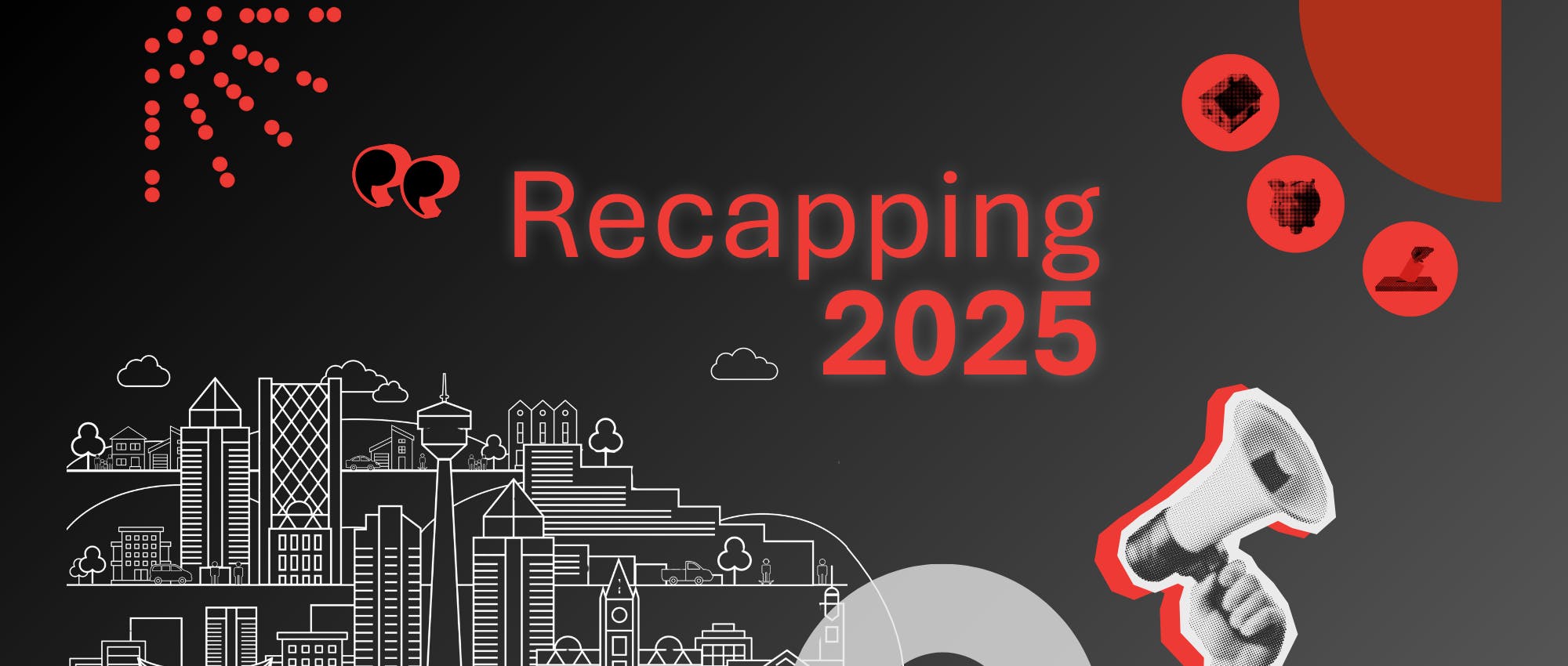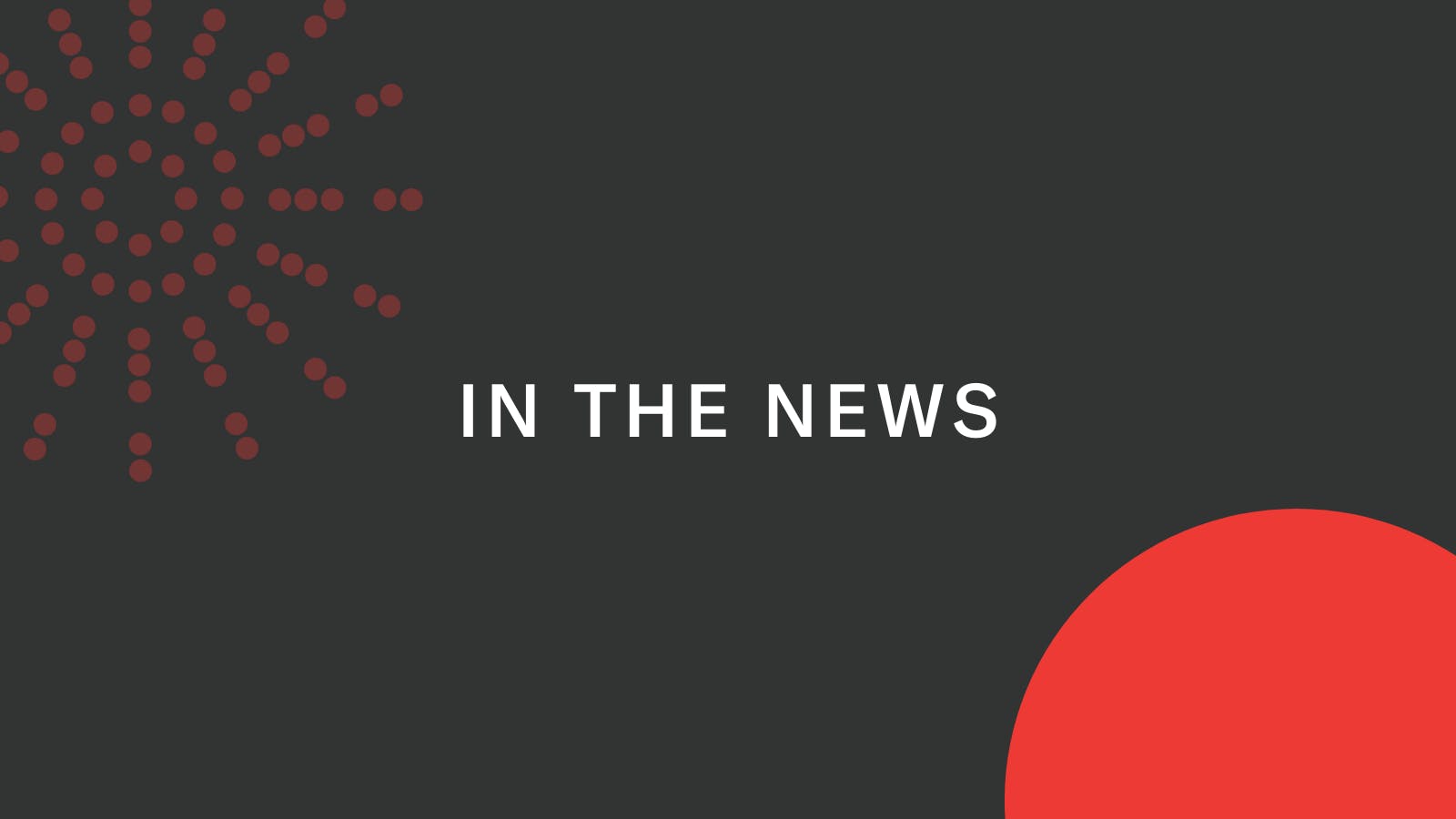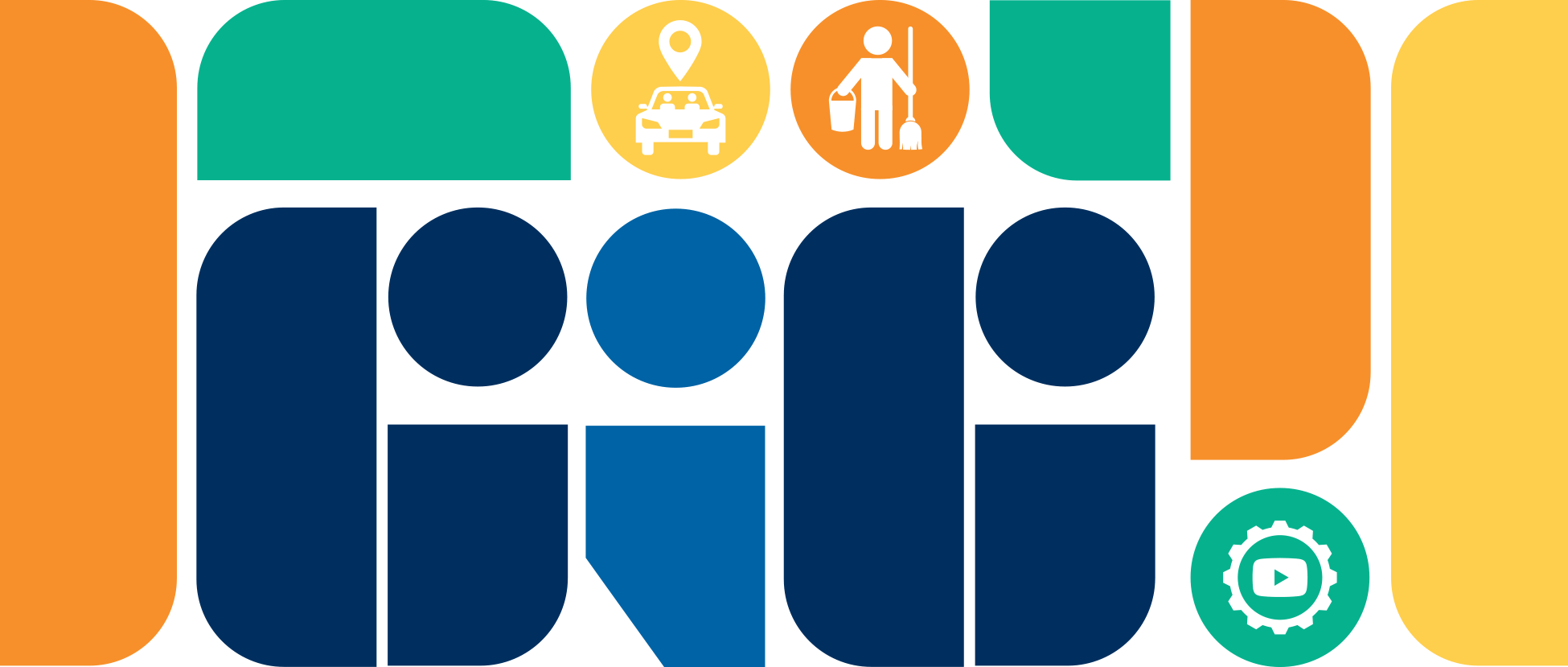Different organizations and groups are working to address the challenges people are facing in accessing food and are trying to get at the root causes.
The YYC Food Collaborative brings organizations together and is currently advocating for a Groceries and Essentials Benefit (GEB). It would help low- and moderate-income people pay for things like food and shelter by providing
$150 a month per adult and $50 per child. The GEB may be key to helping feed Calgarians and others across the country who are struggling to access food.
The
City of Calgary’s Food Resilience Plan aims to ensure that Calgarians can access food in the face of climate change hazards and social issues. Their goal is to see how Calgary’s food systems are doing now and find ways to make them better, especially for communities that have a harder time accessing food. The Plan treats food as critical infrastructure, demonstrating the City sees a need to ensure everyone has access to food in future emergencies.
Wings of Hope for Africa,
Bright Lights for Africa,
Ladies in the Family, and the
Calgary Foundation have also been looking at food insecurity and earlier this year they hosted the Food Accessibility Now - Quest for Culturally Appropriate Food event. Community leaders spoke on the importance of having access to culturally appropriate food which is food connected to a person's culture or background. Many people in Calgary don’t always have access to culturally appropriate food. For many communities, food is a big part of who you are. It’s about your identity, memories, and connection with others. It’s important to understand how communities are impacted by food insecurity to ensure they are included in the solutions.
We know people are making trade-offs and are dealing with a variety of increased costs, whether it’s rent increases or fluctuating utility costs. Many have talked about turning to neighbours and community-based programs to access food. There are efforts underway that seek to balance the immediate needs of those accessing food today while also recognizing that other longer-term solutions are necessary. Whether it’s a conversation with a friend or participating in community meetings, think about where you can have input in the ongoing conversation about accessible, appropriate, and affordable food in Calgary.
Resources





